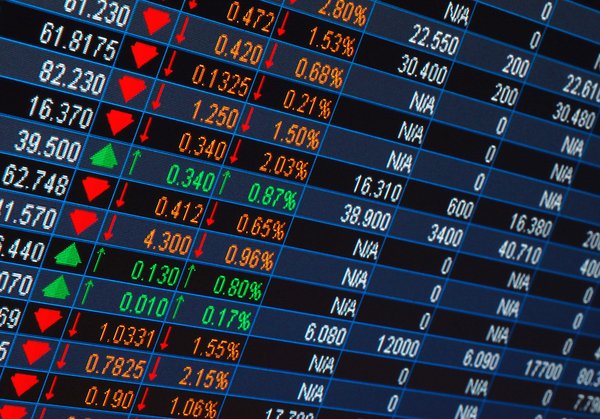
Today in the digital currency markets, there is an ongoing liquidity crisis. A lot of digital currencies are trading with low volume and sudden price changes.
This unpredictability is the result of an uneven balance of buyers and sellers and not enough liquidity. This article explains liquidity and how it affects ICOs.
Liquidity Explained
Liquidity allows you to convert an asset (liquid asset) into money in a quick manner. If there is not a proper balance of buyers and sellers, this can result in dramatic price changes. If a seller wants to sell a coin and there aren't enough buyers, he might have to drop his price to find a buyer.
Currently, there are coins with a 24-hour daily volume under $10 million. That volume level does not make up a market and could represent only a few traders. This often happens after an unsuccessful ICO. There are hundreds of coins that are trading like this. Some of them are not trading at all.
How Volatility Relates To Liquidity
Aeron (ARN) is a prime example of how volatility relates to liquidity. On Dec. 24, 2017, it had a market cap of $12.3 million, but on that day the 24-hour volume was $20 million. This shows that the volume overtook the whole market cap of the coin.
Because of this, ARN went from $0.55 to $1.05 in 24 hours, a jump of 50 percent. However, the coin then dropped 25 percent by Dec 26, while the 24-hour volume fell to six million with the market cap at $8.9 million.
This shows how speculative ARN is, jumping 50 percent one day before dropping 25 percent the next. This dramatic shift in price was a direct result of a lack of buyers and liquidity. The 24-hour volume of $6 million could have represented under 20 investors, making it an unhealthy market.
How Wall Street Uses Market Makers
To make a healthy market to trade assets publicly, Wall Street uses market makers. When a company first offers its stock to the public through initial public offerings (IPOs), it will support the stock by hiring these market makers.

The function of a market maker is to buy and sell the new stock throughout the day. This helps increase the liquidity of the stock. This is an effective way to introduce a new asset into the market.
The Difference Between Crypto Trading and Stock Trading
One of the biggest differences between crypto trading and stock trading is the trading times. The NYSE stock trading times are Monday to Friday from 9:30 a.m. to 4 p.m. By allocating a fixed time period for its trading, it operates as a high-volume, liquid market.
In comparison, digital currencies trade seven days a week, 24 hours a day. Having no break in trading often leads to an unhealthy market with an uneven amount of buyers and sellers. This can also create periods where there aren't any buyers and sellers at all.
What To Take Away
It may be a smart move for digital currency sponsors to start using market makers. This might help to raise the liquidity of their tokens once an initial coin offering is complete.
Before investing in an ICO, it is important to look at trading volume and watch out for coins that have a small volume. A smart move is to invest a small amount during the ICO, and invest more once the coin is listed on the exchanges.
To make sure you are investing in the best ICOs, click here for our complete list of Upcoming ICOs!
really amazing interesting very .bes friend may be friendy with you
Downvoting a post can decrease pending rewards and make it less visible. Common reasons:
Submit
well explained thanks great blog keep posting helpful information my friend
Downvoting a post can decrease pending rewards and make it less visible. Common reasons:
Submit
Ahh, that makes sense. Being a total noob to the trading part, I didn't know how things work. I always thought about what happens when a certain coin has no buyers but a lot of sellers. It only makes sense that the price drops when there are a lot more sellers than buyers.
I can see how cryptos having no trading times can be a bit bad in a way, but if we are thinking about the future, when everyone will be using cryptos, isn't that a big advantage? As far as I see, cryptos just have to become much more popular to fix some problems we are seeing now.
Downvoting a post can decrease pending rewards and make it less visible. Common reasons:
Submit
What could be an incentive for becoming a market maker? Do you think exchanges like binance should do it?
Downvoting a post can decrease pending rewards and make it less visible. Common reasons:
Submit